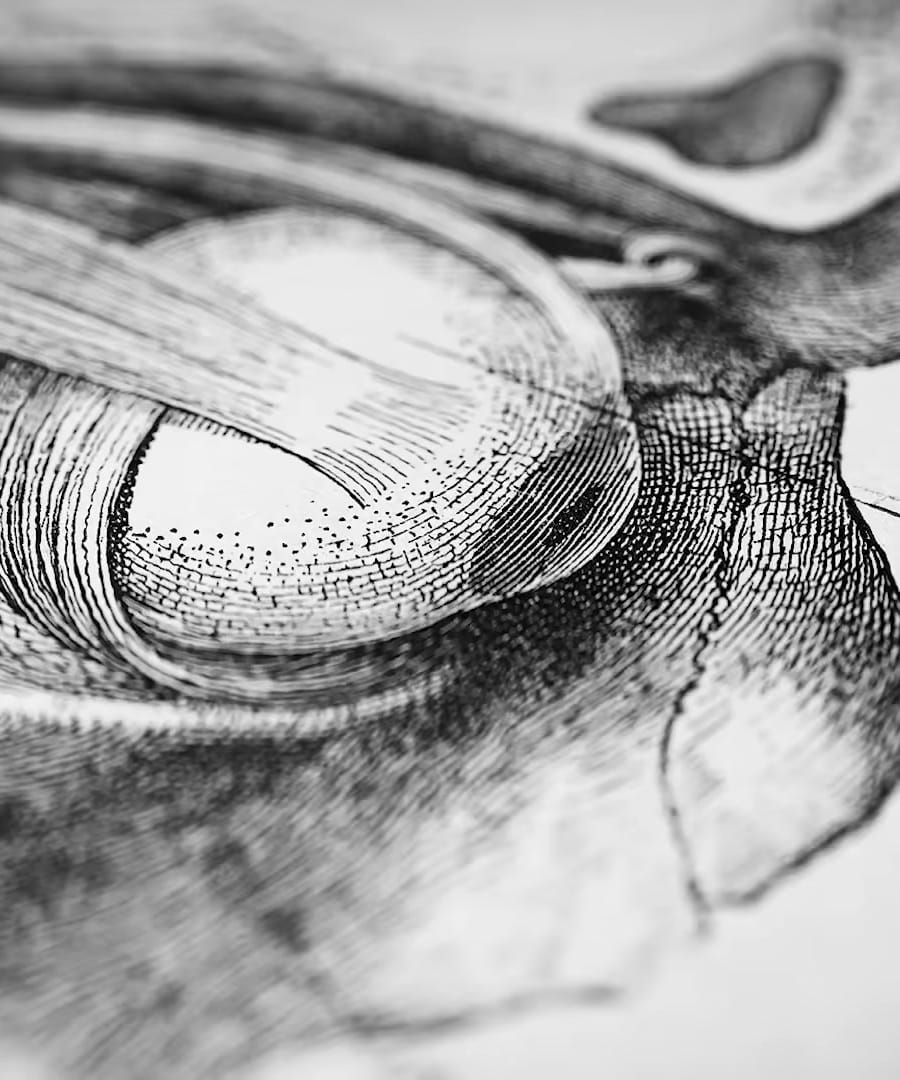ADHD
Sources:
Attention Deficit Hyperactivity Disorder (ADHD) is a complex condition with several facets and treatment options, as discussed by on the .
-
Genetic Component: ADHD has a significant genetic element. If you have a close relative with ADHD, your chances of having it are higher. For instance, the probability is up to 75% if you're an identical twin of someone with ADHD. The genetic influence relates to the wiring and chemistry of specific neural circuits in the brain 1.
-
Dopamine's Role: The "low dopamine hypothesis" of ADHD suggests that insufficient dopamine in certain brain circuits leads to excessive neuronal firing, disrupting attention. This is why ADHD is often associated with a preference for stimulants that increase dopamine levels, like caffeine or even medications like Ritalin and Adderall 2.
-
Stimulant Treatment: Stimulants such as Adderall and Ritalin can be effective for treating ADHD by improving focus and reducing impulsivity. They work by boosting dopamine and norepinephrine, although dosing and individual sensitivity are crucial for effectiveness and avoiding side effects 3 4.
-
Creativity and ADHD: There is a notable relationship between ADHD and creativity. People with ADHD can often intensely focus on topics they are passionate about, challenging the notion that they cannot focus at all. They are typically better at divergent thinking (generating creative ideas) while struggling with convergent thinking (implementing those ideas) 5.
-
Modern Lifestyle and ADHD: There is a discussion about how contemporary lifestyle factors, like smartphone use and constant media consumption, might exacerbate or even induce ADHD symptoms in adults who were not diagnosed in childhood 1.
-
Physical and Cognitive States: Variations in ADHD include hyperactivity and inattentiveness, which may occur separately. Some people find cognitive clarity in physical stillness, while others think better when active 6.
These insights are drawn from various episodes and discussions on the , emphasizing current research and treatment strategies for ADHD.
RELATED QUESTIONS-
ADHD
- RELATED QUESTIONS





